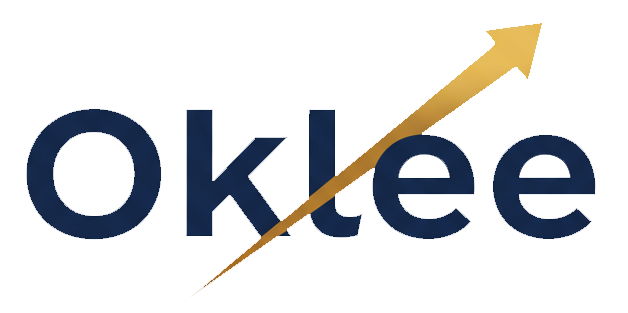A Roth IRA is one of the most popular tools for retirement savings—and for good reason. It offers tax-free growth, flexible withdrawal options, and long-term benefits that traditional retirement accounts don’t always provide.
But is it right for you?
In this guide, we’ll break down how a Roth IRA works, who it’s best for, and how to decide if you should open one.
What Is a Roth IRA?
A Roth IRA (Individual Retirement Account) is a type of retirement account that lets you invest after-tax money today—so you can withdraw both the money and any investment growth tax-free in retirement.
Key Features:
- You pay taxes now (not later)
- Earnings grow tax-free
- Withdrawals in retirement are tax-free, too
- Contributions (not earnings) can be withdrawn at any time, penalty-free
It’s especially useful for people who expect to be in a higher tax bracket in the future.
How a Roth IRA Works
Here’s the basic flow:
- You contribute money (up to $7,000/year in 2025 if under 50; $8,000 if 50+)
- You invest that money (stocks, ETFs, mutual funds, etc.)
- It grows over time—no tax on dividends, capital gains, or interest
- After age 59½ (and after holding the account for 5 years), you can withdraw all of it tax-free
Keyword tie-in: Roth IRA, retirement savings
Roth IRA Contribution Limits (2025)
- Under age 50: $7,000/year
- Age 50 or older: $8,000/year (includes $1,000 catch-up contribution)
You can contribute at any age, as long as you have earned income and meet income limits (we’ll cover that next).
Income Limits for Roth IRA (2025)
Your ability to contribute to a Roth IRA phases out at higher incomes:
| Filing Status | Full Contribution If MAGI ≤ | Phase Out Begins at |
|---|---|---|
| Single | $146,000 | $161,000 |
| Married Filing Jointly | $230,000 | $240,000 |
If your income is above the limit, you might still be able to use a Backdoor Roth IRA strategy (speak to a tax pro for help with that).
Roth IRA vs Traditional IRA
| Feature | Roth IRA | Traditional IRA |
|---|---|---|
| Tax Now or Later? | Pay tax now | Pay tax later |
| Tax-Free Withdrawals? | Yes, in retirement | No, withdrawals taxed |
| Income Limits? | Yes | No (but deduction may be limited) |
| Required Minimum Distributions (RMDs)? | No | Yes, starting at age 73 |
If you’re younger or expect to be in a higher tax bracket later, the Roth IRA often makes more sense.
Who Should Consider a Roth IRA?
✅ You’re early in your career and in a lower tax bracket
✅ You want tax-free income in retirement
✅ You want flexibility (withdraw contributions anytime)
✅ You’re maxing out your 401(k) and want to save more
✅ You don’t want to deal with RMDs later
How to Open a Roth IRA
Opening a Roth IRA is simple and takes less than 15 minutes.
Step-by-step:
- Choose a provider (Fidelity, Vanguard, Charles Schwab, Betterment, etc.)
- Open a Roth IRA account online
- Fund your account via bank transfer
- Choose investments (start with index funds or ETFs)
- Set up recurring contributions
Tip: Even if you can’t max out the full $7,000, starting with small, consistent contributions makes a big difference over time.
Can You Lose Money in a Roth IRA?
Yes—the Roth IRA itself isn’t an investment. It’s just the account type. Your money still needs to be invested wisely inside that account (in stocks, bonds, funds, etc.).
If you invest in risky assets or don’t diversify, you can lose value. That’s why long-term investing strategies work best here.
Pros and Cons of a Roth IRA
✅ Pros:
- Tax-free growth and withdrawals
- No RMDs
- Withdraw contributions anytime, penalty-free
- Great for younger investors
- Flexible for estate planning
❌ Cons:
- No immediate tax deduction
- Income limits for high earners
- Contributions are capped annually
- Must hold account for 5 years for tax-free growth withdrawals

Final Thoughts
A Roth IRA is one of the best tools available for building long-term wealth and tax-free retirement income.
If you qualify and have extra income to invest after maxing out a 401(k) or emergency fund, it’s worth opening.
And the earlier you start, the better—because compound growth and tax-free earnings make a huge difference over 20 or 30 years.
Need help picking the right investments for your Roth IRA?
Visit oklee.online for guides on ETFs, long-term investing strategies, and retirement planning—written in plain English.


